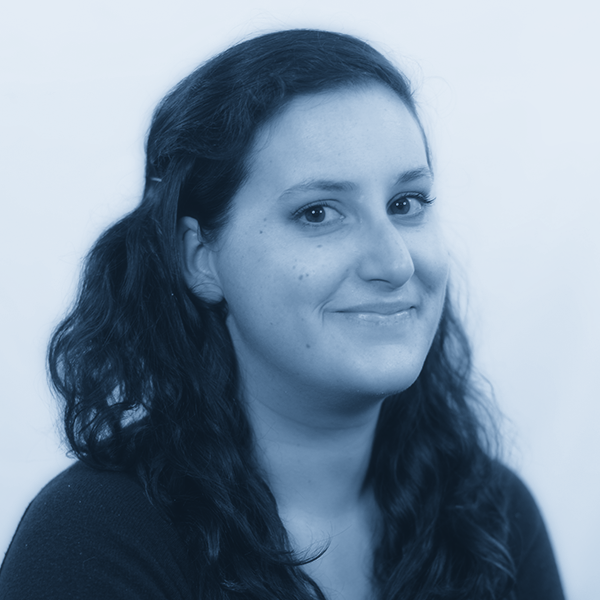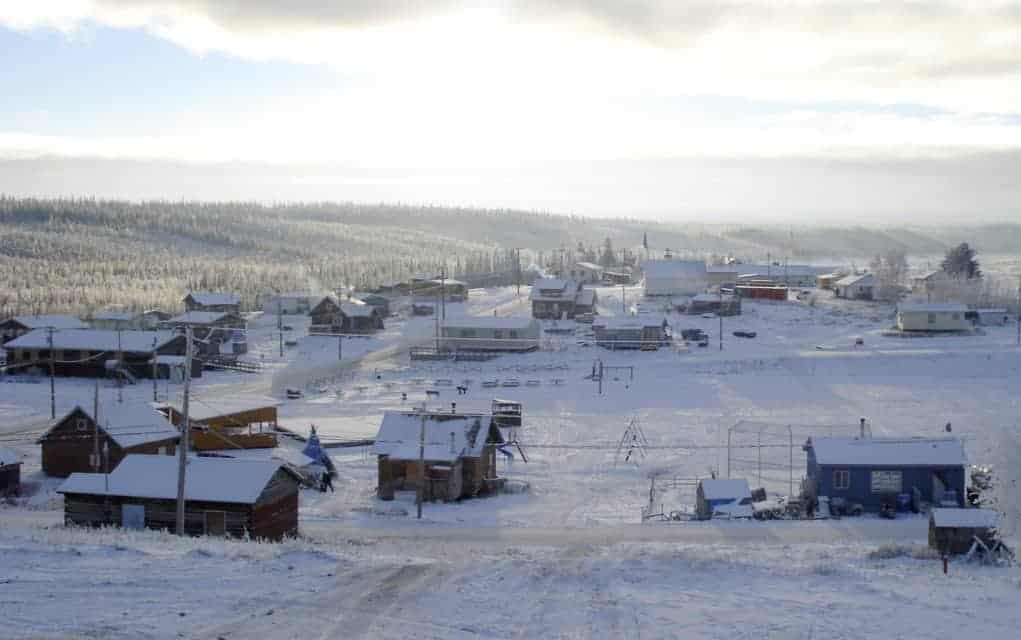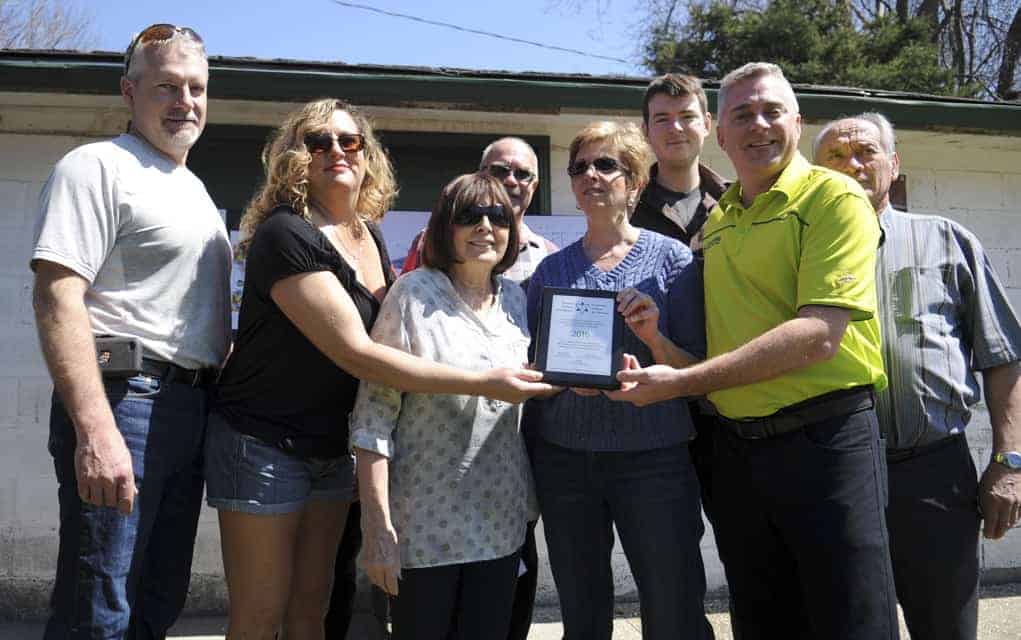Having spent the last five years in the Canadian Arctic in a remote community with less than five per cent of Elmira’s population, Tyler Holland’s glad to be home.
But he sure wouldn’t trade what he calls the experience of a lifetime.
He and his wife, Meghan, moved to Fort Good Hope in the Northwest Territories after hearing a presentation at teacher’s college about the challenges and rewards of teaching in the north.
“It was something that we were both very interested in and it ended up paying off great dividends,” Holland said.
Holland spent time overseas teaching English in Korea and then went to teacher’s college before accepting a teaching position in Fort Good Hope.
He taught Grades 10-12 for three years, followed by Grades 6, 7 ,8, and 9 for a year and then a year as the program support teacher, which is best equated to an Ontario guidance counsellor or vice-principal role.
“When I was in teacher’s college it was always the idea that I wouldn’t teach in Ontario initially. It was more or less like we would go somewhere, have an adventure and honestly we hadn’t really thought about the north. … They came and gave a presentation and I was like, ‘you know what, we can totally do that. We can make it work.’ We had applied to Nunavut and the Yukon as well, but the Northwest Territories, they called first and I’m thankful every day that we answered that call, truth be told,” Holland said.
![Former Elmira resident Tyler Holland’s back in the region after working as a teacher for five years in the Northwest Territories, an experience he recommends.[Submitted]](https://www.observerxtra.com/content/images/wp-content/uploads/2016/04/post_news_holland.jpg)
They were hired after an interview via Skype at the end of July in 2010. They packed and left for the fly in, fly out town in the middle of August. Their belongings were sent by transport truck to eventually be flown in and they prepared for the move. They were able to ask teachers already living there any questions they had, which helped.
Even with great community support the first six weeks were definitely an adjustment period.
His wife and many others say the constant darkness in the winter is the biggest challenge, but Holland didn’t mind it.
“For me it was one, the isolation and two, when it was the nice springtime weather the sun was just out all the time, so that was very hard to sleep. I found I was great until about the springtime and then it became very hard because your brain just wants to stay up because it knows the sun’s out,” Holland said.
Some of the highlights of his time there include going out for a week at a time with members from town, working closely with the youth, coaching sports teams, participating in cultural activities, and watching kids experience things for the first time.
“It was about 30 to 40 kilometres south of the Arctic Circle. So we were right on the banks of the Mackenzie River. It’s got a World Heritage site in town. There’s a beautiful church there that was all done by fish oil paints in the 1800s, it’s very beautiful,” Holland said.
He says it was time to come home because he’s got a niece and nephew he wants to watch grow up, and he and his wife want to start a family of their own here.
And he has some words of wisdom for young teachers considering the move up north. He says to give themselves time to adjust because there’s a pretty steep learning curve and to have an open mind.
“I would say make sure you do your work. Obviously there’s a lot of worrisome press out there about northern communities and there’s a lot of different issues that are plaguing a lot of places but if you know you’ve got a good head on your shoulders and you’ve done your research, and you talked to some people, you know it’s something you can give a go of,” Holland said.
As for the challenges he saw his students face, Holland notes it could be difficult at times to help them relate to the world issues they were covering in the curriculum. He also could see that being isolated was a struggle for many of them.
“Obviously the isolation at times can be very challenging, when all you want to do is go to the mall and just blend in and you can’t. There’s only two stores, so anytime you went to the store it wasn’t an in and out quick shopping spree. It was a 25-30 minute journey, you talk to so-and-so and everyone’s asking questions,” Holland said.
But he adds those are also some of the things you learn to love most about small towns.
And when people here in Ontario complain about food and gas prices he’d like them to have a little perspective. When they left fuel was around $1.77 a litre and two litres of milk was anywhere from $8 to $12.
“It’s very easy to be very dismissive of issues, especially with our Aboriginal youth and people that exist so far away from us, but remember that it’s issues that affect all of us,” Holland said.
Returning to Waterloo Region with a population of some 500,000 was a bit of a shock too. The pace of life is much slower and calmer in Fort Good Hope, he says. Everyone walked everywhere and they spoke to people face to face rather than through a screen.
“The one thing I’ve always loved about Elmira and continue to love about Elmira is people talk to each other. When you walk down the street people say hello, they converse, even if it’s just small talk. And it’s the same living up there,” Holland said.









